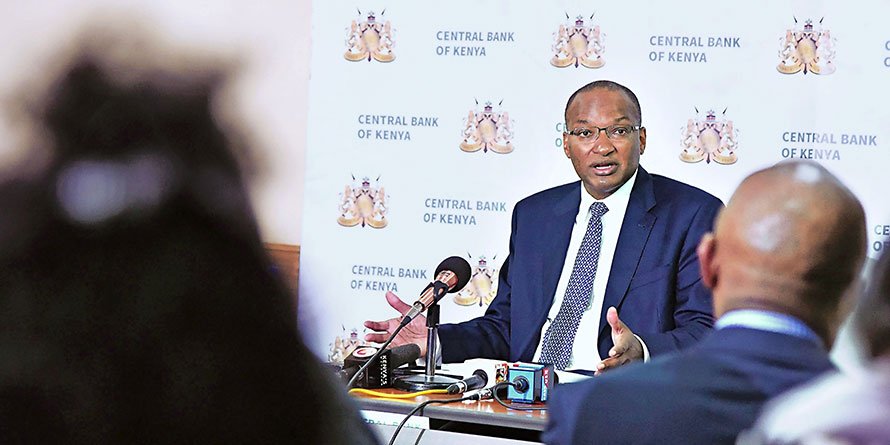Commercial banks are accusing the Central Bank of Kenya (CBK) of capping lending rates after blocking their bid to raise the cost of loans despite Kenya having scrapped legal controls of credit charges on November 7, 2019.
The regulator had asked banks to submit new loan pricing formulas that would be the basis of setting interest rates on new credit in an environment where the government was not controlling loan costs.
Multiple bank executives told Business Daily that the CBK has gone silent and failed to approve their submissions, forcing them to continue operating as if they are still under lending rate controls to avoid falling in trouble with the regulator.
“Banks were asked to submit their risk-based loan pricing formulas but none has been approved by the CBK to date. Some applications were made as early as January,” a CEO of a top bank told Business Daily while seeking anonymity for fear of CBK reprisals.
“This is CBK’s way of controlling interest rates because risk-based lending means raising rates for riskier borrowers.”
Banks say that the delayed shift to risk-based lending has forced many of them to deepen investment in government securities and restrict lending to high quality customers with lower risk of default.
Top lenders — KCB #ticker:KCB, Equity #ticker:EQTY, Co-operative #ticker:COOP, Stanbic #ticker:SBIC, DTB #ticker:DTB, NCBA #ticker:NCBA, Absa #ticker:ABSA and Standard Chartered #ticker:SCBK — raised their investment in government debt securities by 46 percent to Sh1.14 trillion in the nine months ended last September.
This emerged in a period when supply of loans to the private sector grew by 7.3 percent in the years to September, the slowest since Kenya announced its first case of Covid-19 in March 12 and below the ideal rate of 12-15 percent needed to support economic growth.
To play it safe, banks have cut the average lending rates in line with reduction of the Central Bank Rate (CBR) which has been lowered to seven percent, underlining the conundrum lenders find themselves in.
The regulatory gridlock and a lower CBR is partly the reason average lending rates dropped to 11.75 percent in September – a record low that was last witnessed in the early 1980s.
This is the lowest average lending rate since the CBK started disclosing the rate in July 1991 during the reign of the then Moi-era governor Eric Kotut and matches annual borrowing costs disclosed by the World Bank in 1980.The lending rates averaged 12.38 percent in November last […]
